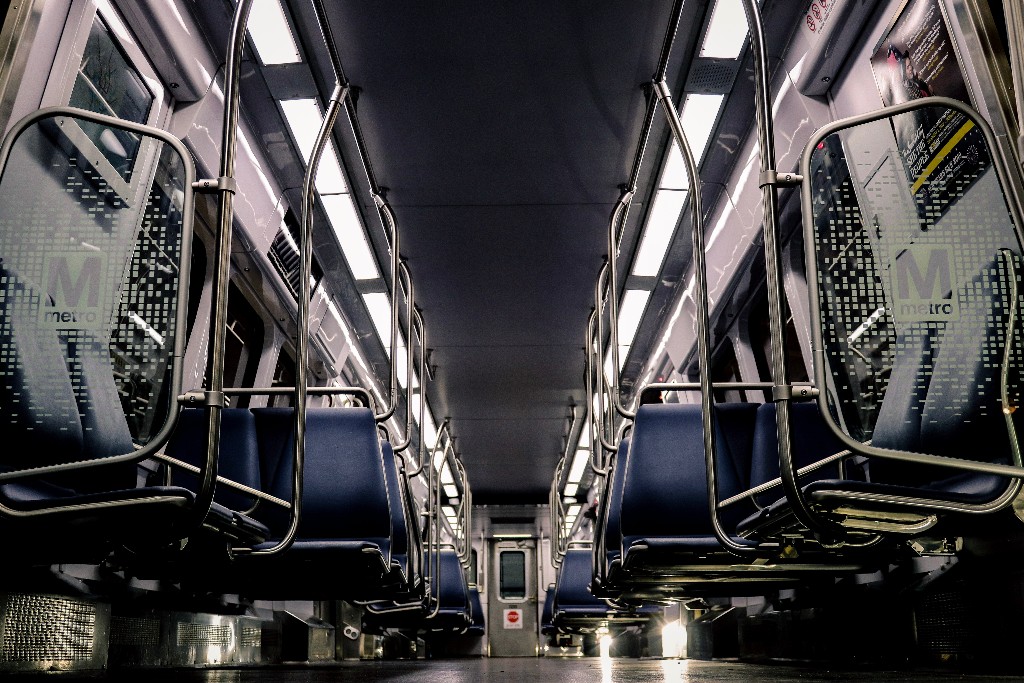Metro is considering shutting down a total of 19 stations and ceasing weekend rail service “in the face of a historic budget shortfall” due to the coronavirus pandemic.
The Washington Metropolitan Area Transit Authority (WMATA) is estimated to have a budget gap of around $494.5 million as it has seen record-low ridership during the pandemic, according to a report released by the agency on Monday.
“The Proposed FY2022 Budget preserves barebones service to sustain essential travel and to ensure the network is in place to serve regional recovery,” says a presentation that the Metro board will hear about its fiscal year 2022 budget on Friday.
“Preserving even this limited service requires contributions from all stakeholders. The Proposed FY2022 Budget includes salary freezes, layoffs, limited service for customers, and jurisdictional subsidy above FY2021. Proposed Operating Budget savings were also achieved through a one-time, significant increase to capital support for operating maintenance activities.”
The Proposed FY2022 Budget aims to balance the transit agency’s limited funding with continuing essential travel.
“From where I sit, it is clearly the toughest decision that we’ve ever had to make,” said Metro General Manager Paul Wiedefeld. “Any cut is painful. That’s just the reality of what we are up against right now. So we don’t take it lightly… When you have limited dollars, you have to then start to prioritize. Where we prioritized was where the least amount of demand on the rail service was. That was on the weekends.”
DC Mayor Muriel Bowser described the proposal as “deeply troubling” in a statement she shared in a tweet, asking the federal government to save Metro.
Mayor Bowser Statement on WMATA FY2022 Budget Proposal pic.twitter.com/62OTG0B5og
— Mayor Muriel Bowser (@MayorBowser) December 1, 2020
The transportation system is expected to recover up to 20 percent of pre-Covid-19 ridership levels by the end of the next fiscal year.
Metrobus has run more trips than Metrorail through the second quarter of the fiscal year 2021, and it is expected to continue through FY2022.
In a survey conducted by WMATA found that former Metrorail riders — who are currently teleworking full-time — would consider using Metrorail again “only when an effective vaccine becomes widely available.”
Some of the proposed cuts are as follows:
- Increasing wait times between trains on every line to 30 minutes on weekdays.
- Closing 19 stations that have had low ridership during the pandemic.
- Ending weekend train service. (Increasing weekend bus service instead).
- Ceasing rail service at 9 pm on weekdays instead of 11 pm.
- Reducing the bus service to 41 routes from 60 routes.

